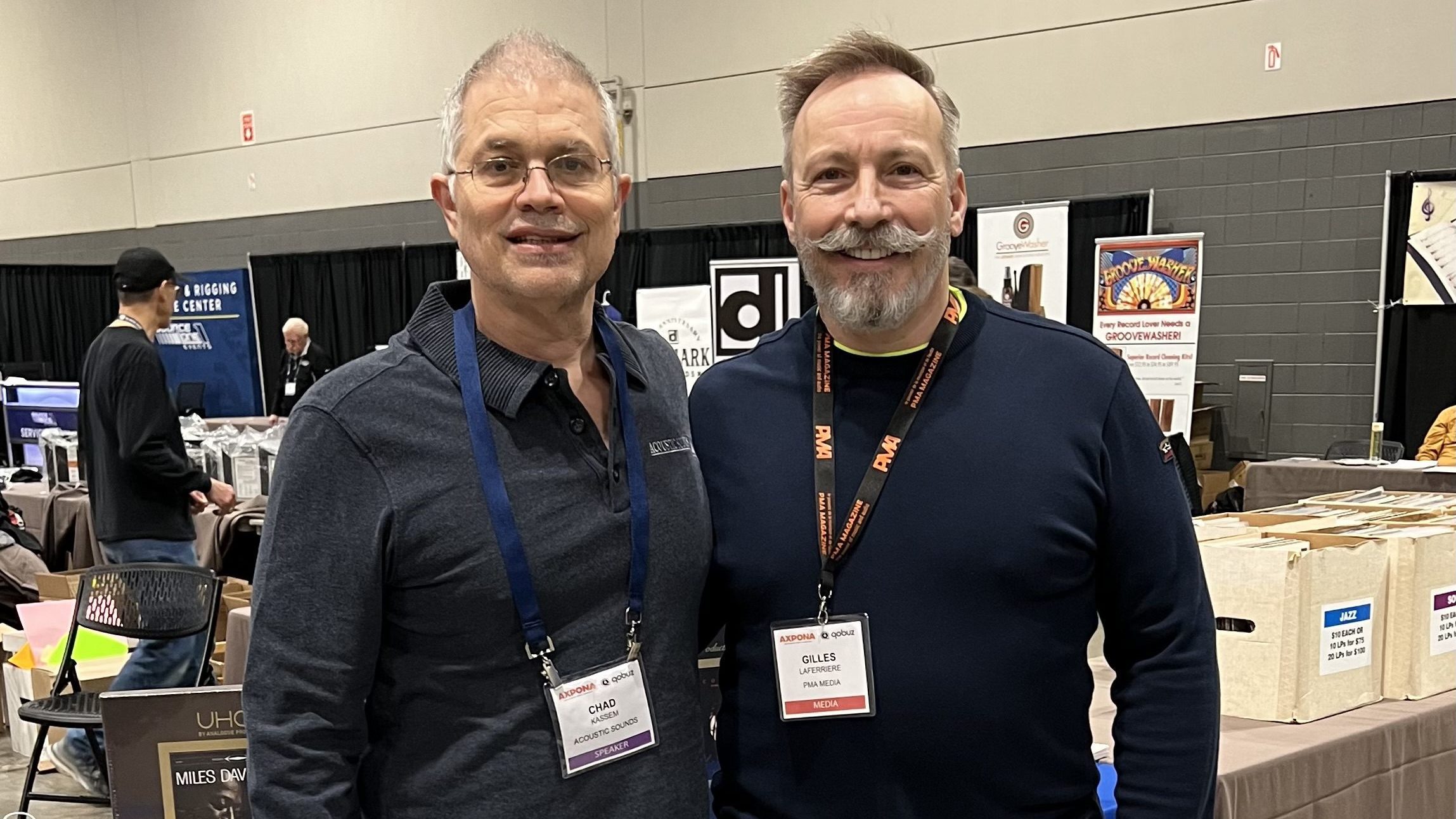
Here’s the full conversation with Chad Kassem, including the unpublished final part. If you’ve already read the first two parts, click here to access the remaining part of the interview.
During my visit to Chicago’s Axpona 2023, I had the privilege of interviewing Chad Kassem, owner and founder of Acoustic Sounds, Analogue Productions, Quality Record Pressings, and Blue Heaven Studios. Chad was very generous with his time and spoke candidly about his life, aspirations, and the numerous challenges he faced while building his thriving enterprise.
Chad is a significant figure in the audiophile community. His reissues under the Analogue Productions label that I’ve purchased over the past two decades are some of the best-sounding records in my vinyl collection. Chad’s relentless pursuit of the highest quality reproduction of music on vinyl has played a crucial role in the medium’s revival.
I met Chad early in the morning for our conversation. I began by inquiring about his background, including his origins, teenage years, and how he ended up in Kansas.
“Well, I’m a half Cajun. My mother speaks French, and the family spoke French, and a lot of people in Southwest Louisiana still do because it’s where the Cajuns that came from Nova Scotia ended up. It’s a very unique part of America. The culture is just so different. They have their own language, their own music, their own style of food. And that’s where I was raised. One thing about the Cajuns and people from Louisiana is they like to have fun.”
I told Chad that I’d been to New Orleans so I had an idea of the fun he was talking about.
“New Orleans is a bit different than where the Cajuns are,” he said. “The Cajuns are really in Lafayette, west of New Orleans. Now, New Orleans has this. There are a lot of similarities. But if you want to find where the most Cajuns are, go a little further west.
“When I grew up in Lafayette, bars were open 24 hours. You could buy beer at 12-years-old. Lots of drugs and a lot of festivals. Every weekend there’s a festival: crawfish festival, crab festival, shrimp festival, jazz festival… any excuse to have a party. And the weather is warm, so people don’t really sit at home and listen to records. You can hear live music so often that you don’t stay home.
“[If you’ve only ever lived there], you don’t recognize how unique of a place Lafayette is. You think everywhere is this way. Everybody does this. You have to move away to realize how different and how special it is.
“There are so many musicians. The families pass it down. I learned so much about the history of New Orleans music. Rock ’n’ roll pretty much started in 1949 with Fats Domino. A lot of people think [it was] Little Richard or Chuck Berry. No, Little Richard [who hailed from Georgia] went to the studio in New Orleans, and it was with New Orleans backup musicians that he made his best hits. I’m not taking away anything from Little Richard. He’s awesome. And he was at the beginning for sure. But I learned all about the blues, zydeco, and jazz, from where I was from.”
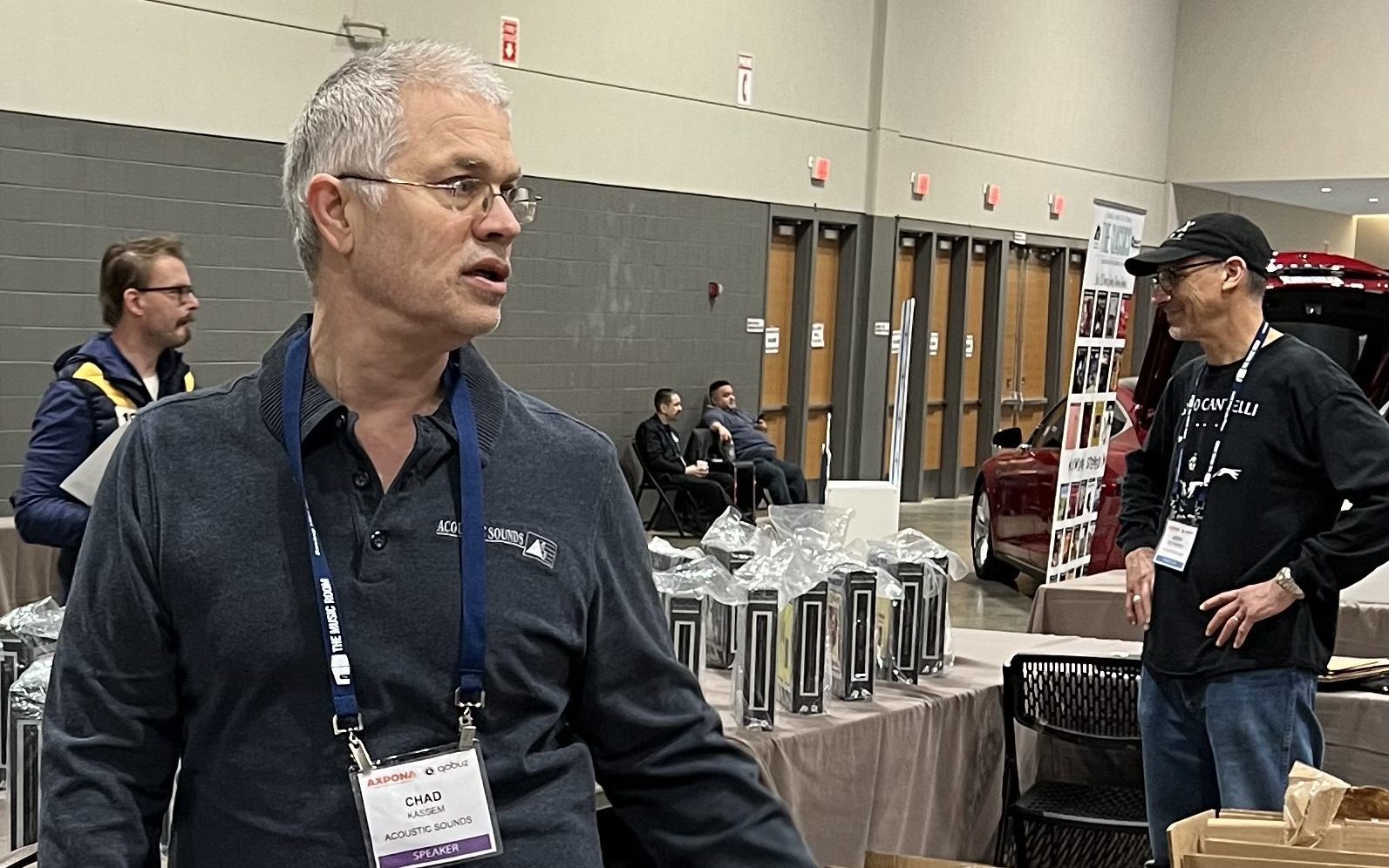
Chad paused a moment, then said: “I got in a lot of trouble. [At one point], I had to choose between going to jail or to a halfway house. This was around 1984, so I was about 22 years old. It wasn’t a hard decision to pick a halfway house over jail. The only problem was that the halfway house was in Salina, Kansas, exactly in the middle of America, which couldn’t be more different than where I was from. But that’s exactly where I needed to be. A place that doesn’t have a lot of alcohol, where there’s not a lot of misbehaving, where the bar closes, things like this. So, I moved there.
“This is the year that CD was coming out, 1984. I get to Salina, Kansas, and I’m staying sober. I got a job right away. I was working hard, trying to do as good as I could. I wanted to start putting my record collection back together. My dad called me. He said, ‘I’m coming to Kansas, is there anything you want me to bring?’. It’s about an 11-hour drive. I think he’s bringing me a car! I said, ‘Well, bring my stereo and my records.’
“He brought my stereo, my records, which was a lot of my identity, from when I was partying and carrying on. The records had scratches and dust. I started replacing the bad ones.
“After, I went home to Louisiana to visit a friend who was an audiophile. We were both music lovers, but he’s a bit more of an audiophile than me. And he learned so much about how to set up turntables and about tubes and the different kinds of brands. And he really went far into it. I went to his house, where he showed me records that said ‘Original Master Recording’ on the top, and some that said ‘Super Disc Nautilus’. And I said, ‘Well, Chet’ — his name is Chet — ‘I have some of those already. I don’t hear the difference [with regular recordings]. To me, they sound the same. He said, ‘Sit in the middle of the bed right here, I’m going to put one on. Now you got to listen very subtly. It’s not going to slap you in the face. The band is not going to jump out of the speakers and start playing live! It’s subtle. If you listen carefully and you listen to these sorts of things, you’ll hear the difference. But you have to sit in the middle.’ I’m like… okay, whatever… I sit in the middle. I start talking. He said, ‘Chad, listen, you’re never going to hear if you don’t shut your big mouth! All I’m asking is one song! Don’t say nothing and sit in the middle.’ I said, ‘Okay, I’ll give you the song.’ And he played it. I heard the things that it did good. When he told me how rare these recordings were and how much they were going for and how they’re hard to find, it was a lightbulb moment!
“When I get back to Kansas, I go to the record store — we had a nice record store in this little town. And they had a shitload of these out-of-print records. I called my friend and told him, ‘They have the UHQR Dark Side! They have the UHQR Sergeant Pepper! They have Déjà Vu! They have all the Zeppelins!’ He bought a bunch of them. And then I took the rest and started to collect records.
“I went all over America. Every time I was in a big town, I would go to every used record store. They still had new record stores in the malls. CDs were just coming out.”
He squinted, then said: “Do you know how they tried to kill the record? People don’t realize how that really happened. It wasn’t because the CD was better. There were two reasons. First, the record labels blinded people with science. People looked at that silver disc and they thought it just had to be better. It was quiet. There was no ticks and pops. And so, your mind told you it was better because you’re blinded by science. It was such an invention. You could play this little silver disc.”
“It was the future!” I said.
“Yeah, it was the future,” Chad says. “But at that time, I was buying every record I could. So, the whole world was going towards CDs and I’ve been swimming in the opposite direction since 1984. There were only a few people I can remember that were championing records and Michael Fremer was one of them. There were a few others, but there’s also a lot of Johnny-come-latelies. They’re coming back to the party. And we’ll welcome them back, but they were the first ones I saw running. They’re now telling me. ‘I’ve been supportive!’ Yeah, you can tell somebody else that. They may believe you, but I remember.
“The other reason the CD almost killed off the LP is because, before the CD came out, if you were a mom-and-pop store, you could order all the LPs you wanted and if you had a defective one, you could return it. If you had overstock, you could return it.
“Let’s say a new band came out, a funny name you never heard of. Well, people who owned the stores didn’t know about the newest crazy music, so they were reluctant to buy more than a couple of copies of it. But the record label would say ‘It’s popular and people are going to come in for this record. It’s hot. And if you don’t sell it, you can return it.’
“That’s how the labels got the stores to buy more records, because you need to buy the new artist but you don’t want to lose money. Well, when CDs came out, they said, no return anymore for defective vinyl for any reason. It’s a one-way sale. And we’re going to raise the price of records by a dollar and lower the price of CDs by a dollar. And you can return CDs all you want, for defects and overstock. That’s why you had a record store in ‘84 that was 100% full of records, then 95% full of records and 5% full of CDs, and within a year and a half it had gone to 95% CDs, 5% records. That’s how that happened so fast.”
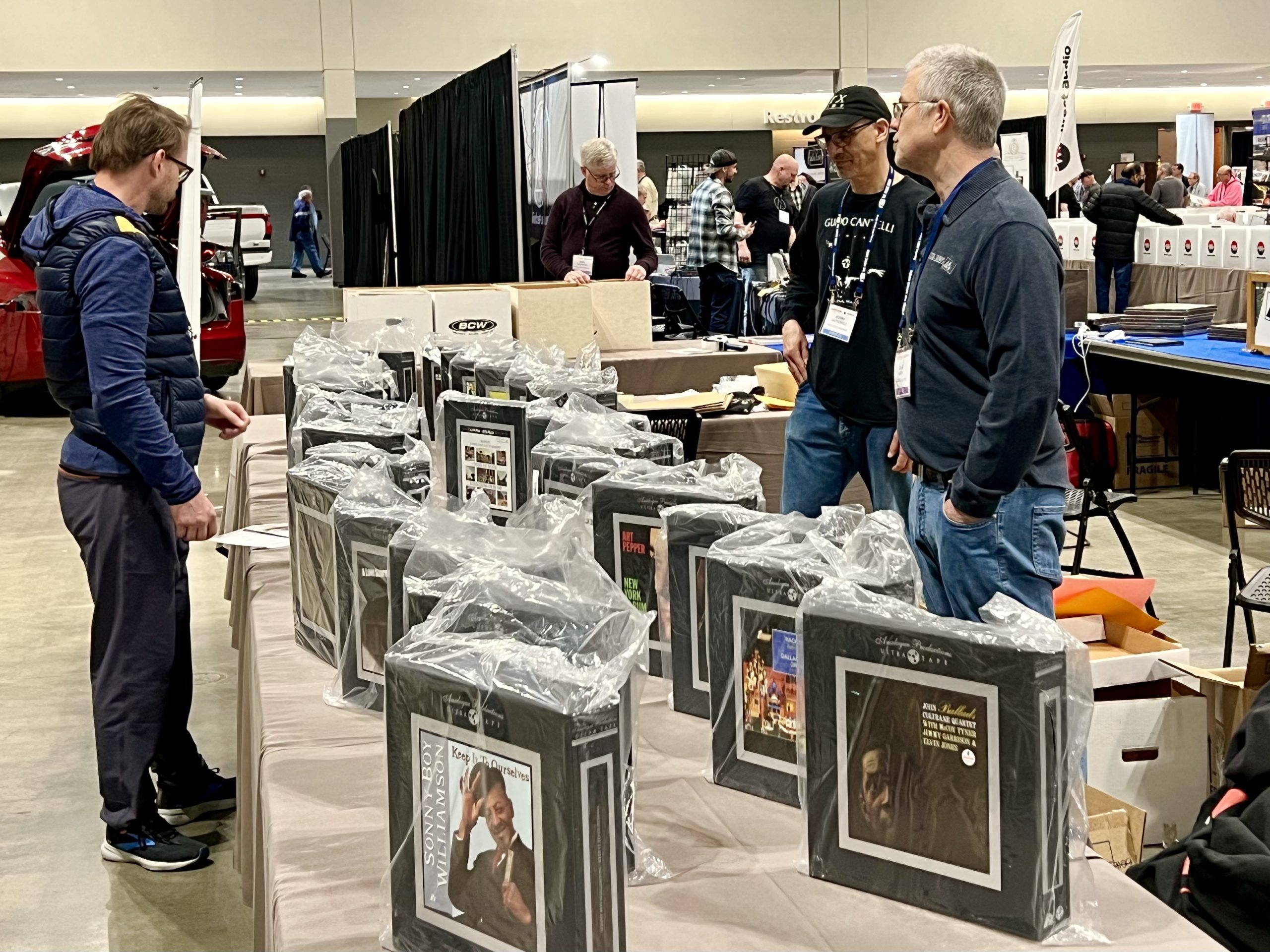
Chad’s love for blues music began at a young age. I asked what drew him to this genre, and if it was his favourite.
“Yeah, it kind of is,” he replied. “I love blues. To me, blues is like classical music — it sounds as good today as it did when it was made. It’s the same way with most jazz. And then blues, to me, is the foundation of the music that came after — rock ‘n’ roll, R&B, jazz. I tend to like jazz when there’s blues in it.
“And I like music that sounds good. If it doesn’t sound good, I like it less. I want something that draws me in. [I like] a lot of air and spaces between the notes. If it’s loud and compressed or too busy, it’s not enjoyable to me.
“I like more natural, more acoustic, less dated-sounding music. And blues is one of those styles. I also love classic rock, especially when Zeppelin or Foghat or the Allman Brothers are doing blues. I love the original songs from Muddy Waters and Howlin’ Wolf and the same songs in their rocked-out versions. I love jazz and classical. But again, if the music gets too heavy or too busy…”
“Like free jazz or experimental?”, I suggested.
“Yeah. Some of that I don’t care much for. If it’s too busy, if it’s too loud, if there are no spaces, it’s pointless for me to listen to.
“Growing up in Louisiana, you got jazz coming out of New Orleans. You got the rock ‘n’ roll of Fats Domino and all that. So many hits came out of New Orleans. So much music was influenced by music from Louisiana. There’s a lot of blues, Cajun music, and then there’s zydeco, which is a mixture of R&B and Cajun, where they play the accordion and the rubboard. And they sing in French. A lot of the bands we know will go to France and tour. One of our bands that was famous is Zachary Richard. Have you heard of him?”
“I know him very well,” I said. “He’s very popular in Canada, particularly in Quebec and New Brunswick.”
“Well, he dated my mom,” Chad continued. “His nickname is Ralph. We had all these influences, and a lot of it is blues-based. I also tried to document the blues. These blues guys are older, and they’re dying.
“There’s two things I tried to do: keep blues alive and keep vinyl alive. These are two big goals of mine and I did what I could. But most of the blues masters are gone. Taj Mahal is still living. So is Charlie Musselwhite, Billy Boy Arnold, Buddy Guy. Buddy is from Louisiana. He’s 86 now.”
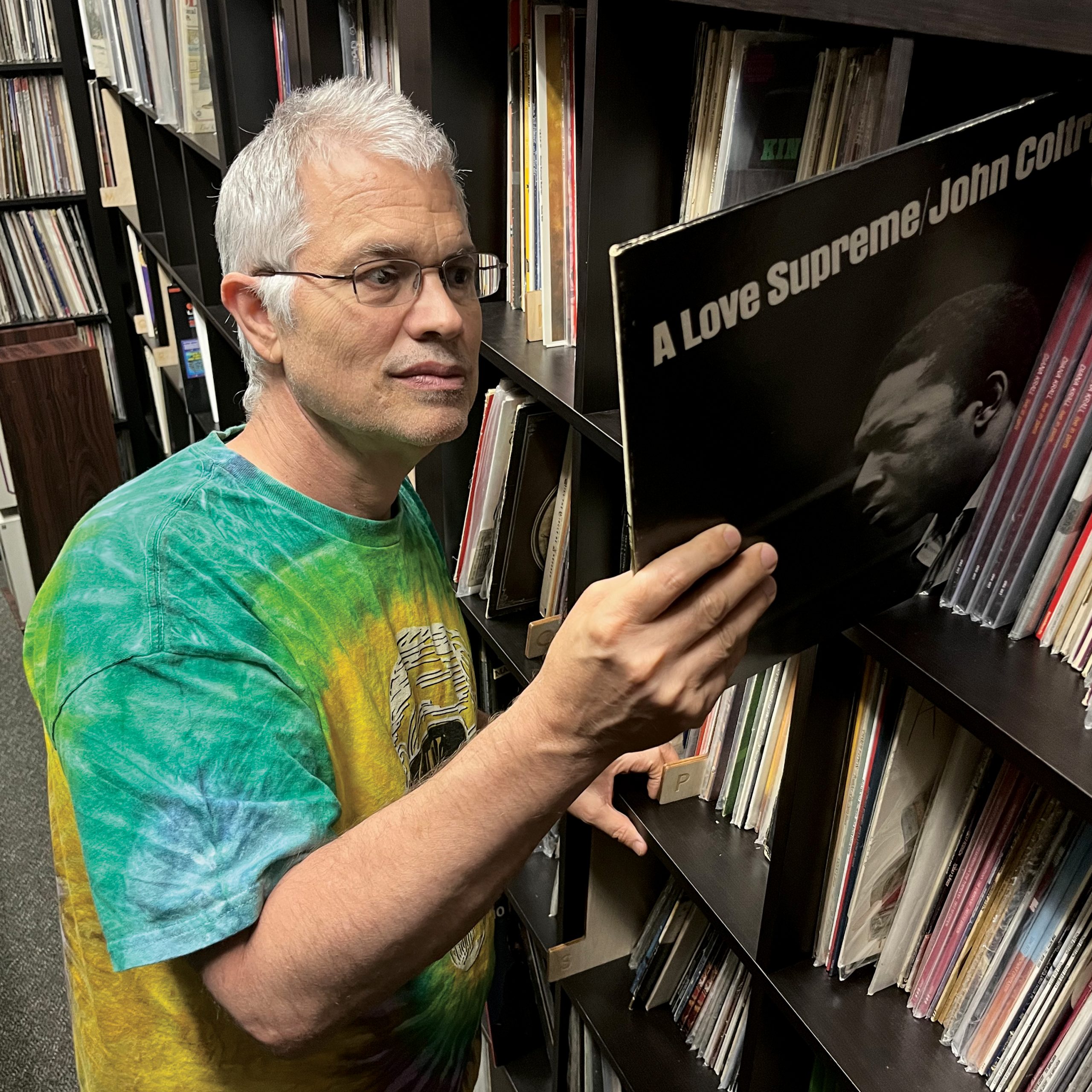
In 1984, at age 22, Chad Kassem moved to Salina, Kansas, where he worked as a cook. He also became obsessed with records.
“Every waking moment, I would just think about records and finding them,” he said. “By ‘86, I started Acoustic Sounds out of my apartment. You couldn’t even move. The whole place was full of records. We had boxes of records in the bathroom!
“So, I’m like, okay, it’s time to move. I bought a house in a suburban neighbourhood. I had five to ten employees working out of my bedrooms, with their cars parked in front of my house. When the 18-wheelers started coming, dropping off pallets, the neighbours started to complain. I needed to move again. In ‘91, I moved into a normal business space. In around 1990, I released my first reissue, and then in ‘94 is when I recorded my first blues record—by Jimmy Rogers. So, if you look back at someone who worked for a bit more than minimum wage, who used his money to buy a home, release his first album, then record his own record on his own label—we did a lot in a short time.”
What was his first reissue?
“Jules Massenet’s opera Le Cid with Louis Frémaux. I did it through the guy who had the license from EMI. I knew him, but I didn’t know the big dogs at EMI. I approached him, and he said, ‘I can’t relicense something that was licensed to me. But I can make you the quantity that you want and I’ll make it how you want.’ I said: ‘I want you to use Doug Sax and do it at the RTI pressing plant.’ He gave me a finished goods price with the jackets and I took it. That was my first reissue, probably in ’89, ’90. It didn’t have an Analogue Productions catalogue number—it wasn’t on Analogue Productions—but that thing sold like crazy because it’s just a showstopper. The dynamics are unbelievable.”

“My first Analogue Productions release was in 1991—Virgil Thomson, The Plow That Broke the Plains. It’s Classical music. That’s how it started. Everything after was a natural step forward, a progression, me getting closer to controlling the quality and putting out the music I wanted.”
Soon after came those big jazz titles from Blue Note and Fantasy.
“That started in about 2002,” said Chad. “It was a lot of work. Very satisfying. Those records are killer records. Whoever owns them has got some great-sounding records.”
I asked Chad how he managed to get those titles.
“In 1992, I called Ralph Kaffel, president of Fantasy Records. Fantasy owns Fantasy, Contemporary, Pablo, Prestige, Riverside. I told him I wanted to reissue Sonny Rollins’s Way Out West and Bill Evans’s Waltz for Debbie. Those were my first two, released in 1992. Over time, Ralph and me built a good relationship and it’s still going today. Now, I’m helping Fantasy with the Acoustic Sounds Contemporary Series, and then we’re doing 50 Prestige titles on our own label.”
When did he buy his first record press?
“Around 2009-2010,” he said. When I replied that he must’ve had a tough start considering the state of pressing plants in general at the time, Chad took a deep breath, and I could see in his eyes the pain seeping in from his memories.
“It took lots of work, man,” he finally said. “Lots of damn work. Not easy. Hardest thing I’ve ever done, even if I didn’t do the work—it’s a team of people. I just paid for it all. But it’s hard. People don’t know how hard. They’re just asking when the next record is coming. They don’t know. And I don’t know why all these people want to open pressing plants. They don’t know what they’re going to find out. You could talk to them till you’re blue in the face on how hard it is. I mean, they believe it’s hard, but they’ll never believe how hard for how little profit.”
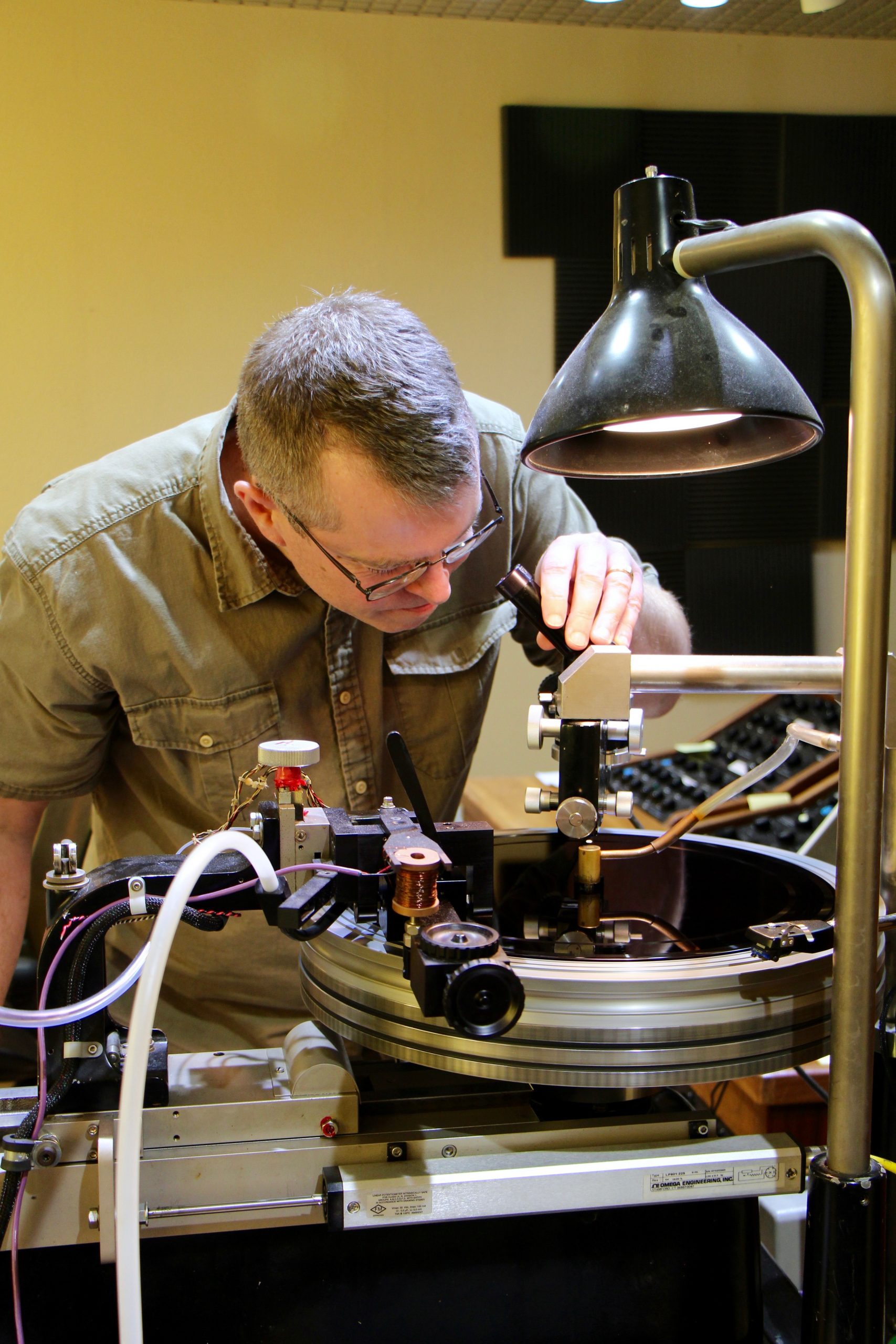
I asked Chad about the prospect of replacing the skilled individuals on his team. Given the specialized nature of the technology, was he concerned about finding capable successors as his workforce ages?
“There are a lot of issues, and that certainly is a big one,” he said. “We’re training, but people quit. When I said it’s hard, you can put that in with the hard.
“It really started with COVID,” he continued. “Before that, things were going smooth in the world. Every store knew how many things to order—cups or phones or whatever it was. It was like 30 years of practice in ordering, getting what you needed. Then all hell broke loose. It’s still not back to the way it was and people don’t want to work anymore. That said, I have a great crew. We pretty much have all the jobs filled. It’s just so much more difficult now. COVID caused me problems, caused everybody problems, caused a lot of death. But it also doubled my business overnight.
“Nobody really knew how to handle the COVID situation,” he said. “A bad thing about it was some states didn’t shut down. Our competitors in those states stayed open. It was an unfair situation. Our state made a shut down. We had to shut the pressing plant down. It was a nutty time, but we were able to keep going. At the same time the government is shutting you down, business is rising. We haven’t quite caught up, but we’re getting closer.”
One of Chad’s companies is Quality Record Pressings, the plant where he presses his records. How many records are pressed there annually? “About a million and a half,” he said. “We’re running 24 hours, and we were doing that with two shifts. Now we have three shifts, so hopefully we’ll make more.”
Ultra High Quality Record (UHQR™) vinyl is the high-end product of Analog Productions, the ‘audiophile’ division of Acoustic Sounds. UHQR records are made with Clarity Vinyl, originally introduced by JVC Japan in the 1980s. I asked Chad to tell me more about it. “Clarity Vinyl is vinyl in its natural state,” he said. “It comes out that clear. The black is a carbon dye additive just to make the colour. Now what you get from the colour is you can see the grooves better. Before vinyl, there was shellac, and it came from a bug called the shellac beetle. They squeezed the insect to make the resin. That’s where the black colour came from. When the industry went to vinyl, it added carbon dye to get the same colour. It’s like putting an additive in your food. With UHQR vinyl, we keep it natural. We don’t add the additive. The vinyl is pure. That’s the first thing. The other thing is we use ‘flat profile’ 200-gram vinyl.” A record that undergoes the flat-profile process comes out flatter than a typical record. This allows the needle to track the groove better.
“Our goal is to constantly improve,” he said. “Whenever someone buys a record from me, I’m reinvesting money into trying to make our product better, trying to upgrade our machines, trying to license more product.”
I had heard that Acoustic Sounds had recently acquired its own printing facilities. I asked Chad if they were printing their own record jackets.
“No, we do everything from the microphone to the mastering, to the plating, to the pressing, to the sleeving, to the distribution at retail and wholesale. The only thing we don’t do is the jacket. I did buy a printing company that prints the labels, the inserts, all kinds of things. And we could print the jacket, but I decided at some point I got to go to bed at night.”
Chad does a lot of business with RTI, another label that presses its own high-quality records. Aren’t they competitors?
“We don’t consider ourselves competitors,” Chad said. “They help us, and we need more records made than we can make ourselves for our own label. Their quality is high. Don, the owner, is a friend, and I’ve been pressing with him since the ’90s or so. He helps us. We are better together. We’re stronger together. He’s so busy and I’m so busy. We’re not fighting. I send him so much work.”
Was that part of his philosophy, to form alliances rather than adopt a more confrontational stance against competitors?
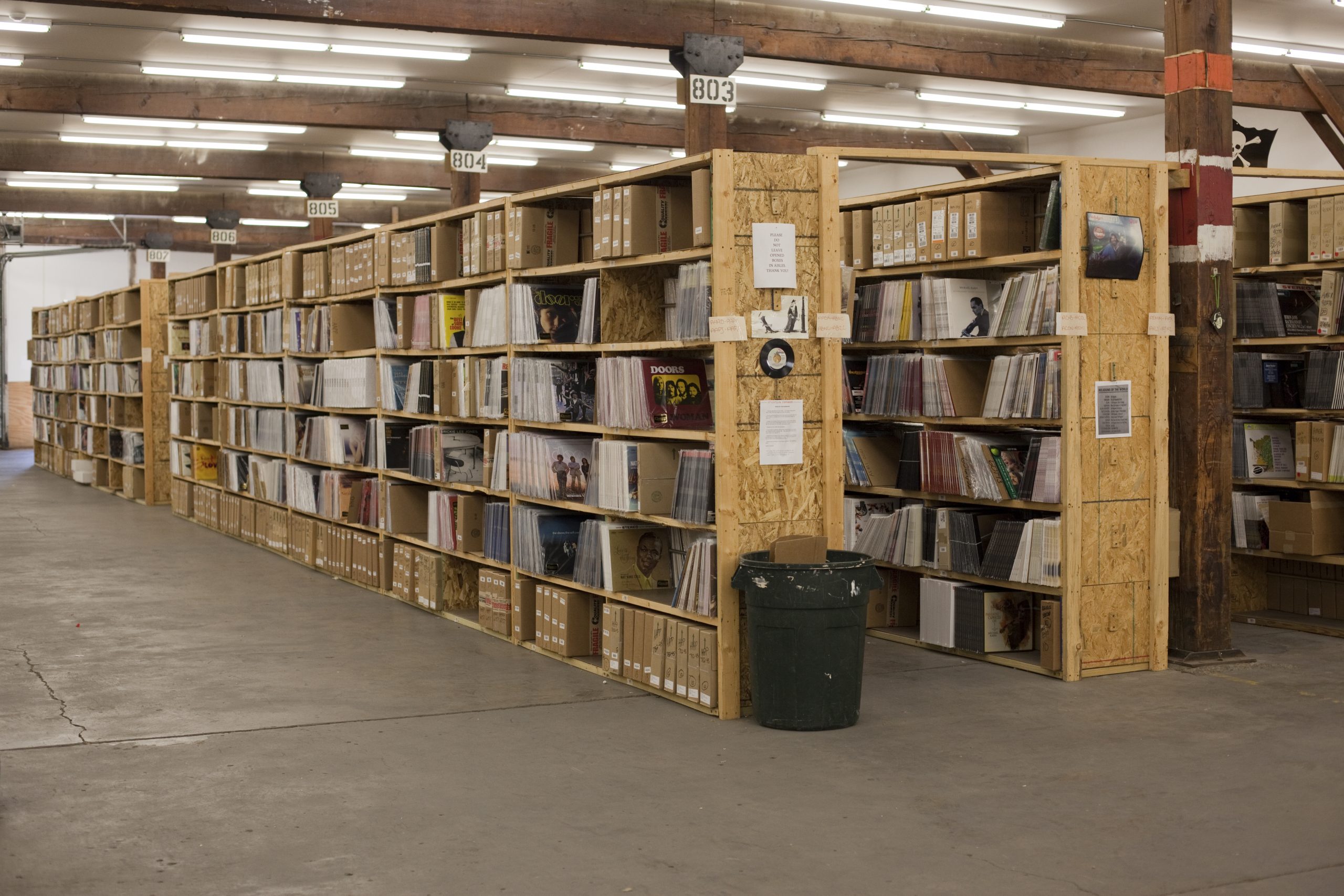
“I try to,” Chad said. “But not quite like Don. He helps a lot of other pressing plants. He wants this industry to grow and feels that he needs to share his knowledge, and sometimes I think the people he helps… well, I don’t think if the shoe was on the other foot they would help him. I look at him as kind of, in the record pressing area, my mentor. We were partners at AcousTech Mastering inside of RTI, working with (mastering engineers) Stan Ricker and Kevin Gray.”
After Chad purchased The Mastering Lab in 2015 from the estate of legendary mastering engineer Doug Sax, he relocated it from Ojai, California, to Acoustics Sounds’ headquarters in Salina, Kansas. I asked if all the mastering was now conducted in-house.
“We’re starting to do more,” he said. “I’ve got a mastering engineer working for me—Matt Lutthans. But we still use Bernie Grundman, Ryan K. Smith, Kevin Gray. We choose different people for different occasions. But they’re all the top. If I go to one over the other, it’s because I think they may have an edge for that project. I’m always thinking about making the highest quality. I don’t just use one mastering engineer. I did when Doug Sax was living. I used him for my first 40 records.”
The new & final part of the interview starts here.
Chad mentioned how he always strives to deliver the best product he can. Did negative criticism on social media bother him?
“It’s hard to take,” he said. “Because a lot of times the people who complain don’t know what they’re talking about. And if they knew, they wouldn’t say it. I don’t want to write them a letter that takes 3 hours to explain why they’re being unrealistic. Now, I have to remember that 99 out of 100 people are saying they love what I do. This is happening more and more when I’m at the booth, like here at AXPONA. People tell me, ‘Chad, thank you for making my life more pleasurable. You bring me a lot of joy. You’re making my favourite records sound better than they ever have. We really appreciate what you do, and we love your company’.
“I need to remember that when I read the negative stuff,” he said. “I could have 99 positive comments and that one bad one hurts. I’ll forget about the other 99. Somebody needs to tell me, ‘Chad, what are you talking about? Look at all the good comments.’ I also know that most of my happy customers are just listening to their records and loving it. They’re not commenting. But sometimes somebody gets a bad record and you’d swear that I burned their house down. We replace the record or give the money back. What else can I do? At that point, you really have to let it go.
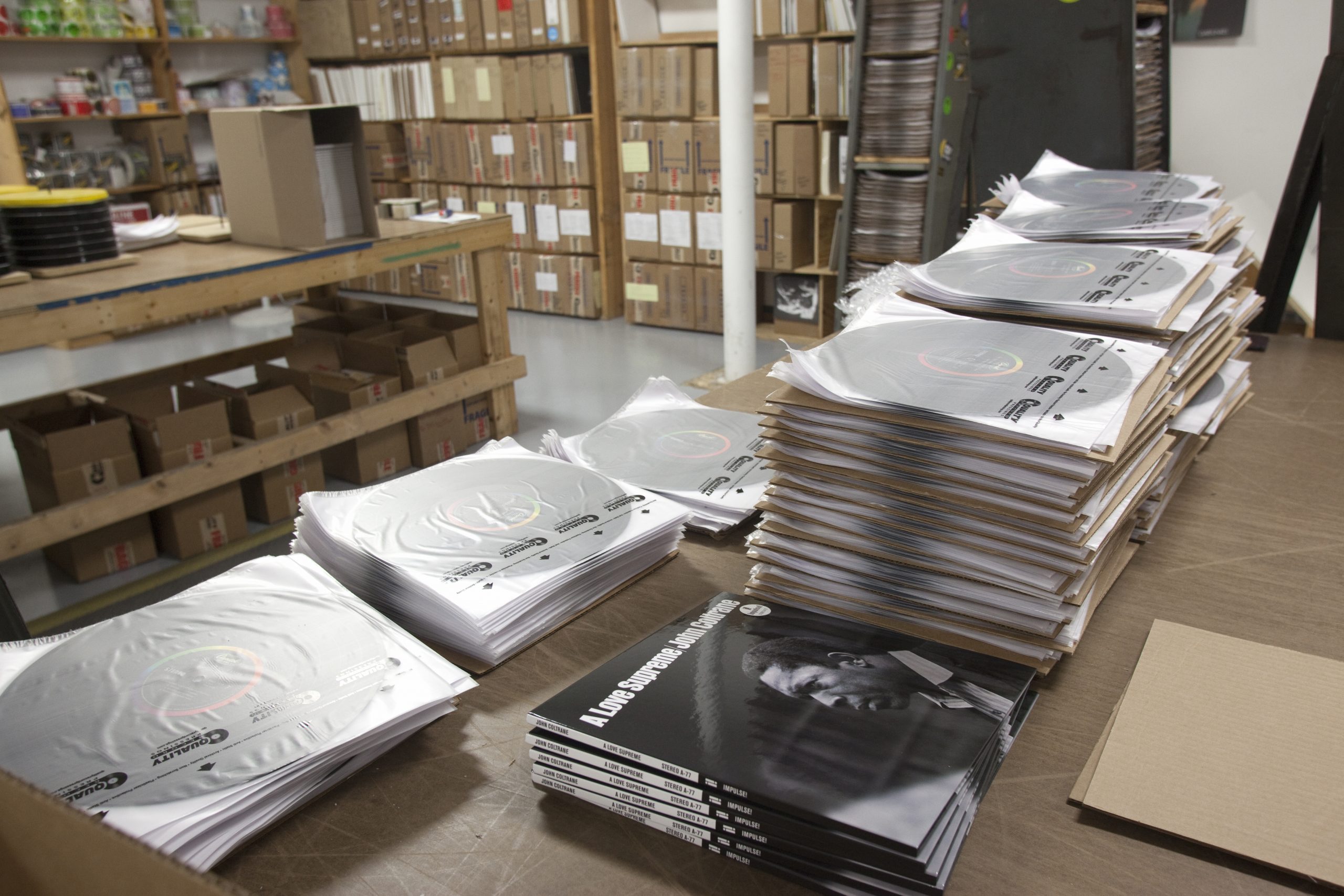
“On the other hand,” he continued, “can I expect that everybody’s going to love what we do or love me? That’s unrealistic, too. I’ve got to be realistic, and I’ve got to remember, just like when I have a problem employee, that while I’m focused on him I got 99 others that are great. But I’m human, and I just have to deal with the negative the best way I know how. But it is frustrating, and sometimes we do have problems. Not every record is perfect. And sometimes a record is returned and you’re, like, ‘why do you say it’s warped? Does it sound warped?’ It doesn’t, but some people expect perfection, and we’re trying.”
I asked Chad about the tumultuous episode in early 2023 when, unable to handle the demand of Analogue Productions’ freshly-released UHQR edition of Bob Marley’s Exodus, limited to 2500 copies, his company’s computer system essentially broke down, creating havoc with orders. The backlash, especially on social media, was swift and relentless, lasting for weeks.
“They were so mad,” Chad said with a heavy sigh. “I could see how it’s frustrating, but we had ten people answering the phones for two days. It was like United Airlines! We were blindsided by the demand and then we sold a few too many copies because our computer didn’t know when to stop. The next morning, we were 100 or so orders over. We always make a few extra copies for the defective replacements, so we emailed people and said we had extra copies we could send them, but they wouldn’t be numbered. Well, 99 out of the 100 people were very happy about it. But then it was something new: ‘How many more did they make?’, ‘Is this really a limited edition?’ It was very frustrating.
“We apologize,” he continued, as if addressing customers directly. “Our website is old. We’re spending a huge amount of money to go from a 25-year-old system to a new one. To take all the information and put it on the new system took three years. Our servers are in house, our programmers are in house, and people can criticize a lot of things about our website, but we invented it. For example, if you pull up ‘Beatles’, you can narrow your search to Vinyl, or Box Set, or a particular label, or to preowned, and so on. You can really refine your search. We did all that because we’re record collectors. We’re now going to go like everybody else. We’re going to be in the cloud, and we’re going to be on a local server, but a very expensive local server.”
I pointed out to Chad that when he started his business, the Internet didn’t exist.
“Right. In 1986, I did a crazy little ad in the back of audio magazines, in the classified part. You can find them in Stereophile and The Absolute Sound. People would call. I’d be in my underwear taking orders and I’d box the record to ship. Customers would send me a money order.
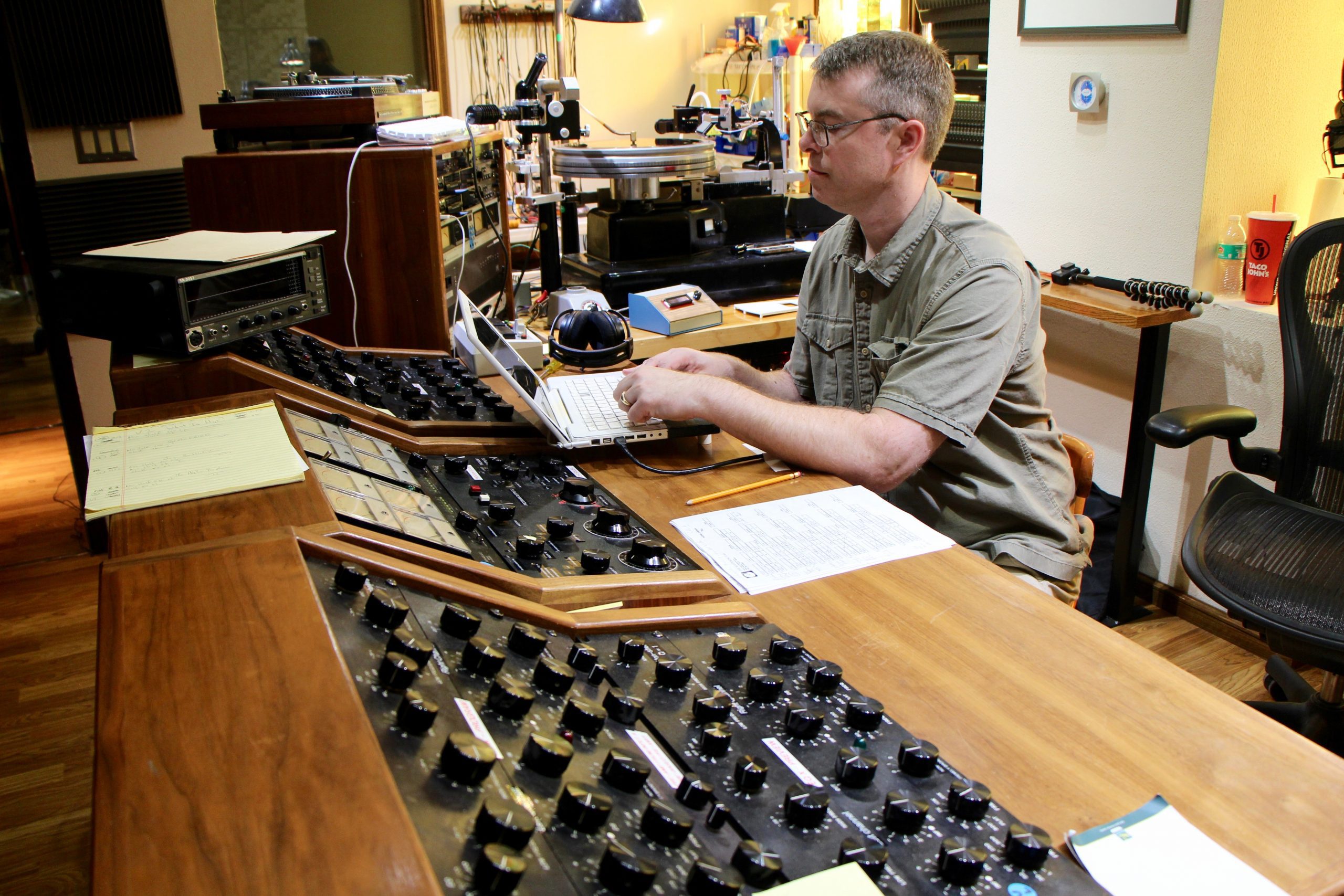
“It takes a long time to pay your dues,” he continued. “We’re getting a lot of love and a lot of appreciation right now, but it took a long time to get there. It takes a long time to prove to the labels that you’re going to do what you say, and that they can trust you and work with you. It doesn’t happen overnight that the labels will just hand over the masters to all the best records that have ever been made.
“I like going through the old days, the old catalogues,” he said. “It’s one step at a time. Just always trying to improve things as we go—the quality, the service, our boxes, our shipping, getting people the titles they want.”
I asked about the competitors in his industry.
“There are three competitors right here,” he said, referring to AXPONA’s Expo Hall & Record Fair, where we sat. “That one, the owner, is in Bahamas. This one is in Hawaii. It’s hard to know who’s behind what exactly, or why they’re doing it or if they love it. I’m not putting them down. I’m happy for them and they’re lucky. But there’s a face on my label. With me you know who you’re dealing with.”
How important was it to him that his records sound better than previous releases by other labels?
“I use two identical turntables and a mastering console to compare our record to someone else’s. I’ve been doing more and more of that and I’m learning so much about all the labels and the originals and how ours compare. My goal is to win, not assume my record is better. That’s why I recut the Steely Dan record, the first one, seven times. I’m going to make sure ours is better.”
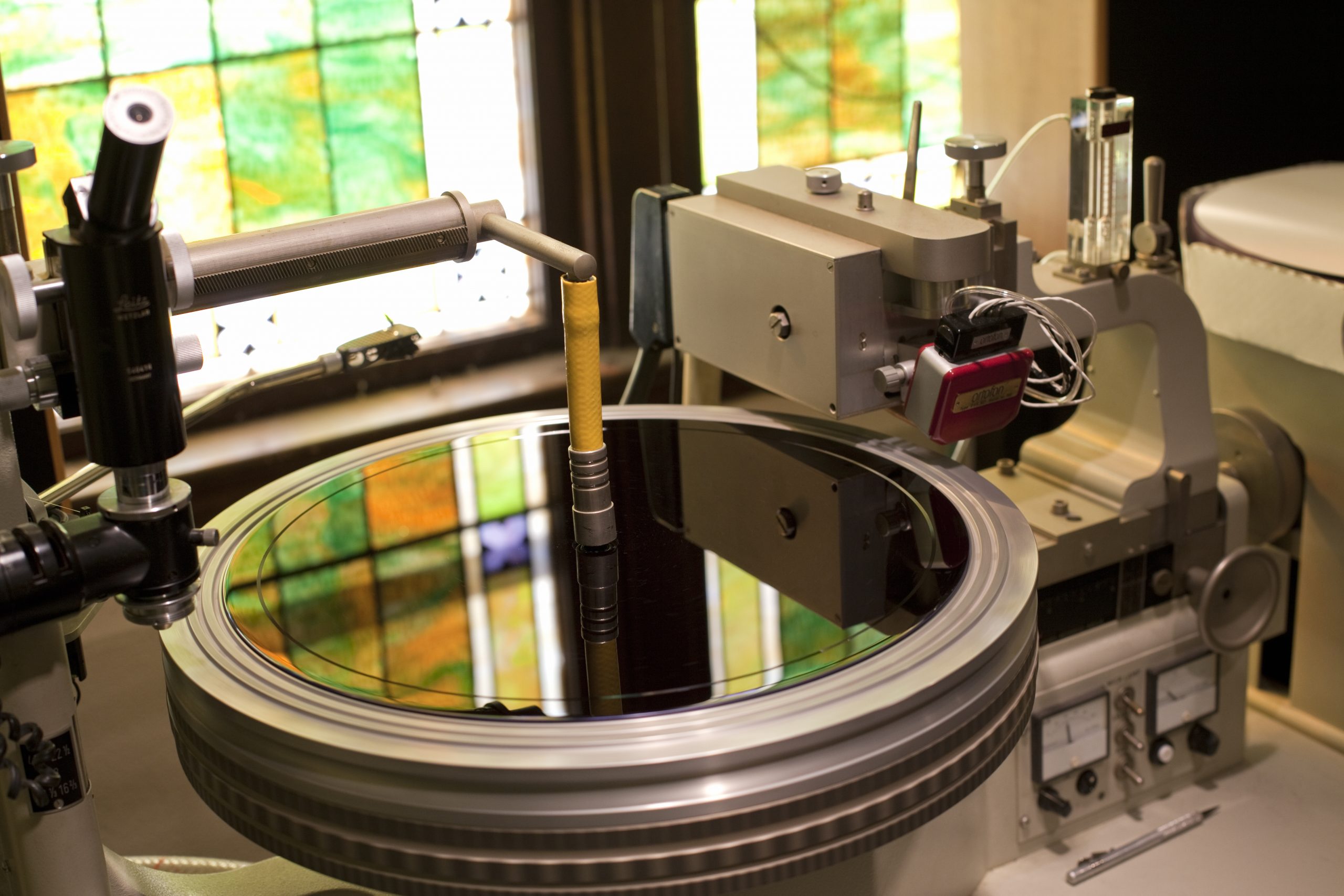
Did he still listen to music at home, just for fun?
“Not as much. If you have a normal job, you go home and listen to music to get away. But when you have a job like mine, you listen all day, so you go home and you don’t want to listen anymore. But I have a really good stereo there and I use it sometimes to hear another perspective on what I’m working on. Sometimes I listen for enjoyment, but usually when I go home, I’ll just turn on the TV and eat.”
Last question: In his achievements in business and personal life, what was he most proud of?
“Well, I have a 16-year-old little girl and I’m very lucky. She’s so much more mature than me. If I talk to her about an argument I had with her mama, she’ll be like: ‘Dad, listen, you need to seek some professional help. Don’t talk to me about this.’ She says it in a real nice way and she’s not gonna take a side, she’s right down the middle.
“She plays classical piano and jazz piano,” he continued. “And we don’t have to tell her to study. She is so intense about her grades. We got invited to an all expense first class Hawaii trip. Private jet thing, the whole wow. But she didn’t want to miss school, so she stayed. She’s so much different than me. I barely graduated. I could give a shit about school. I hated it. She loves it. I’m proud of her. I can’t really take credit for it. A lot of it was luck.
“I say luck is when preparedness meets opportunity and you are ready,” Chad said. “Like, with our sales boom during the pandemic—we were ready. We worked 30 years building up to it. I didn’t realize it was coming, but if I look back, it’s like everything I did brought us there. I invested every dollar I had, every waking moment I had. I was preparing for that moment. The advice I would give to anybody is to try to make your hobby your line of work and then you’ll never work another day in your life. That’s one thing I’m proud of. If you work hard, good things will happen. Everybody should work hard to try to make things better. Try to make a difference. Try to make something better for the world, and make something better for you.”
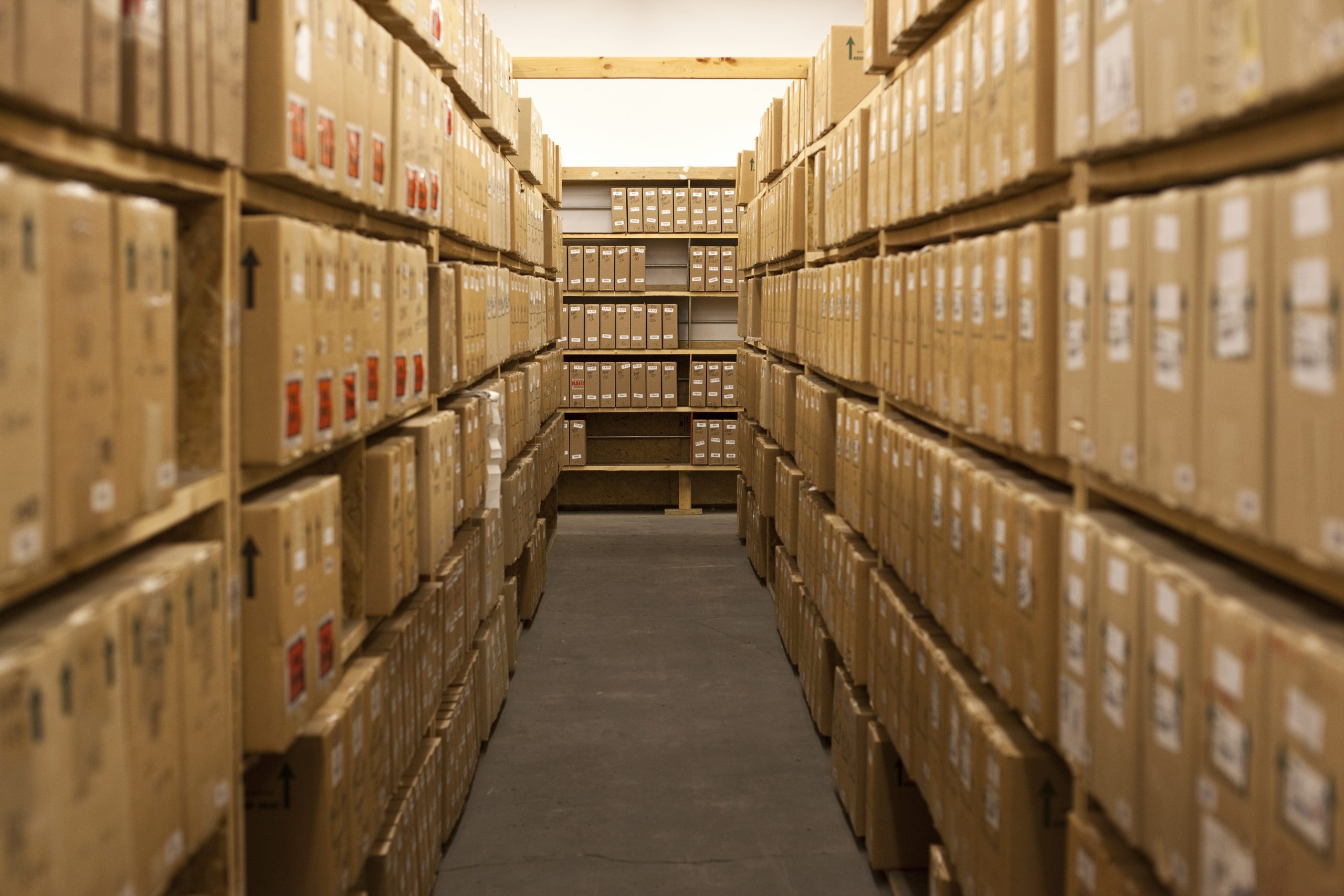
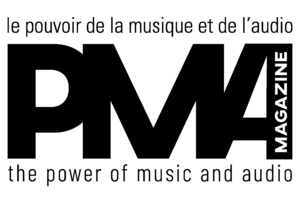
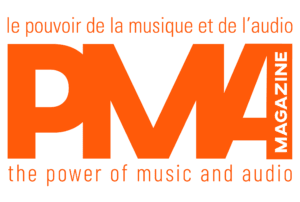
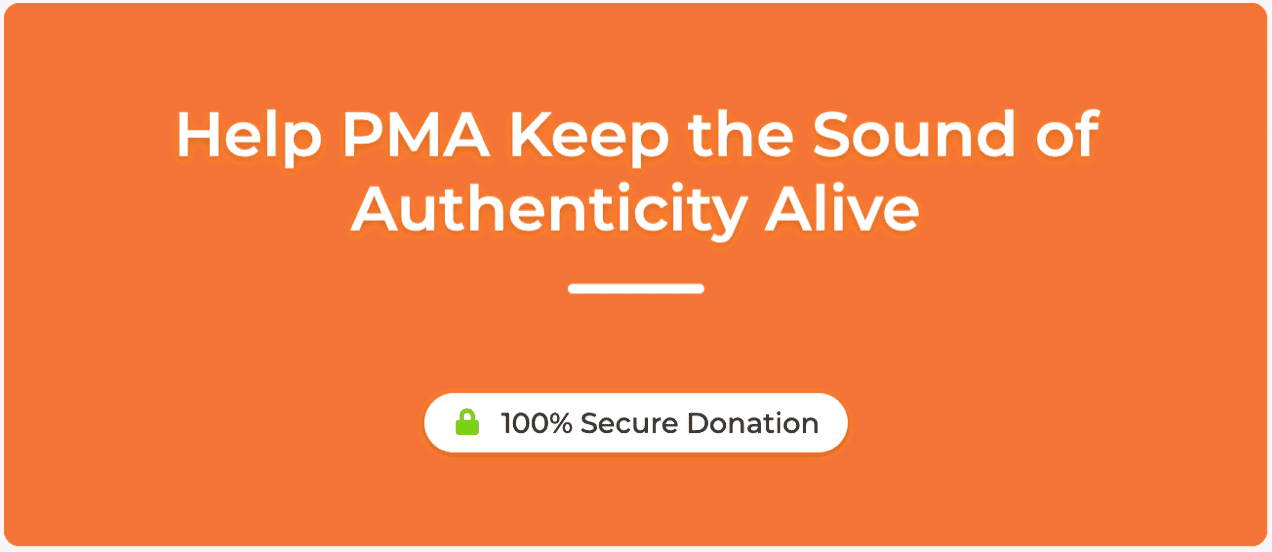
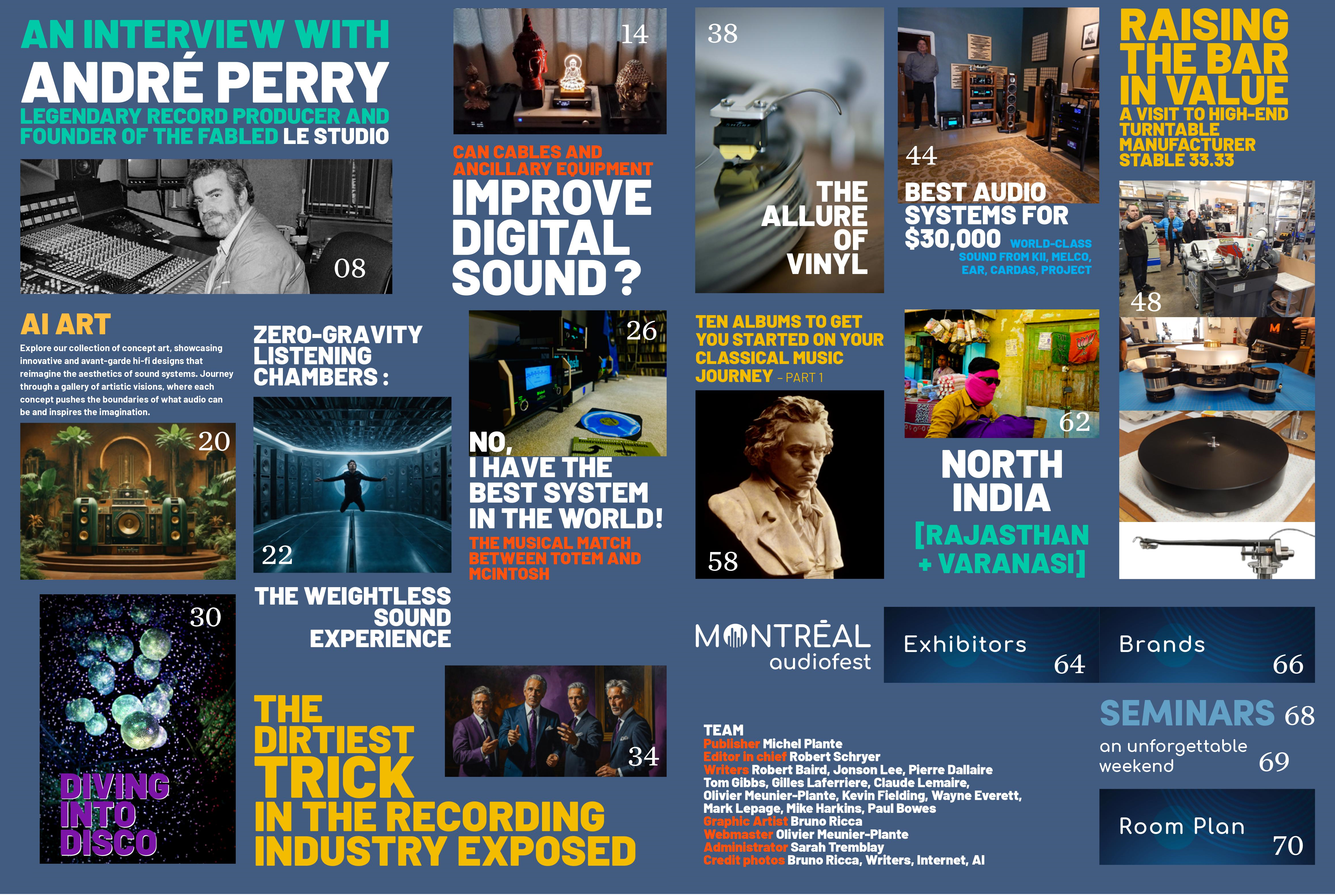
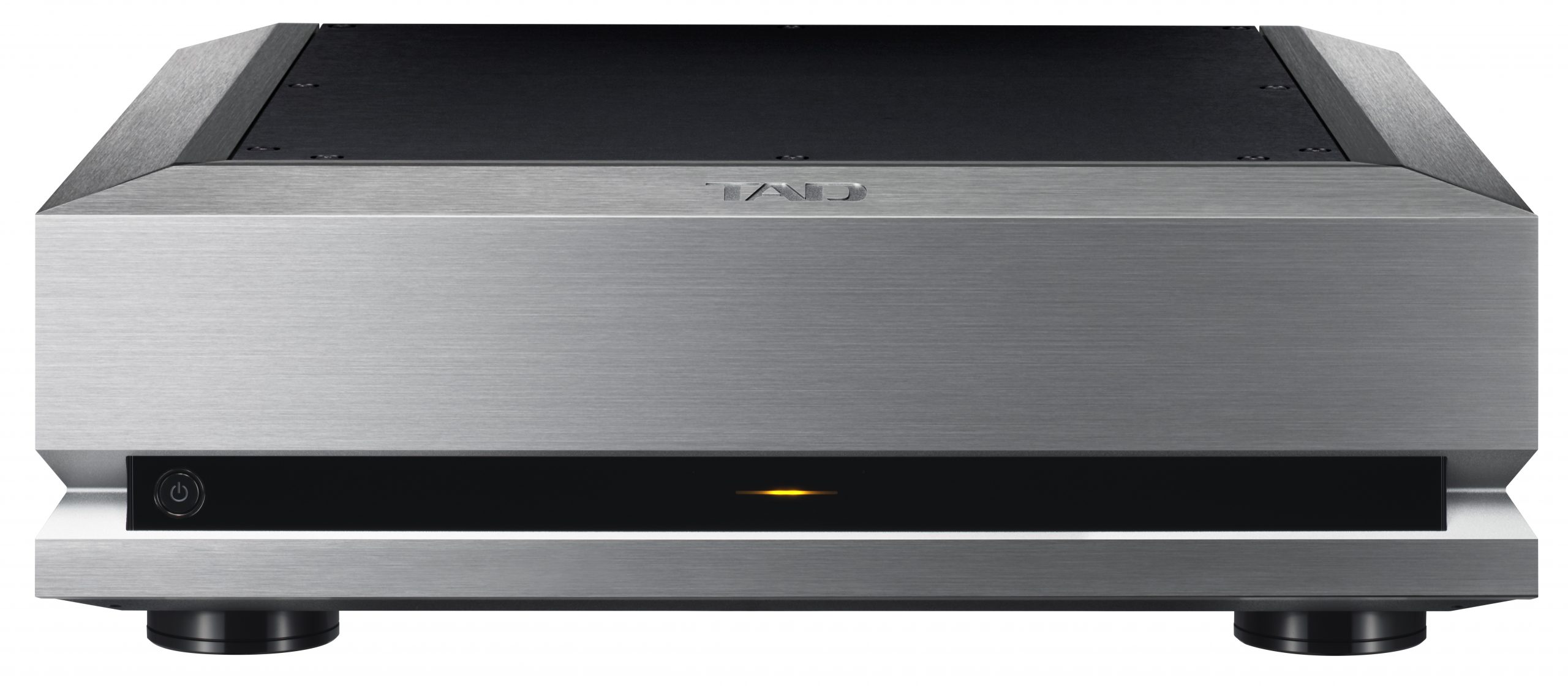
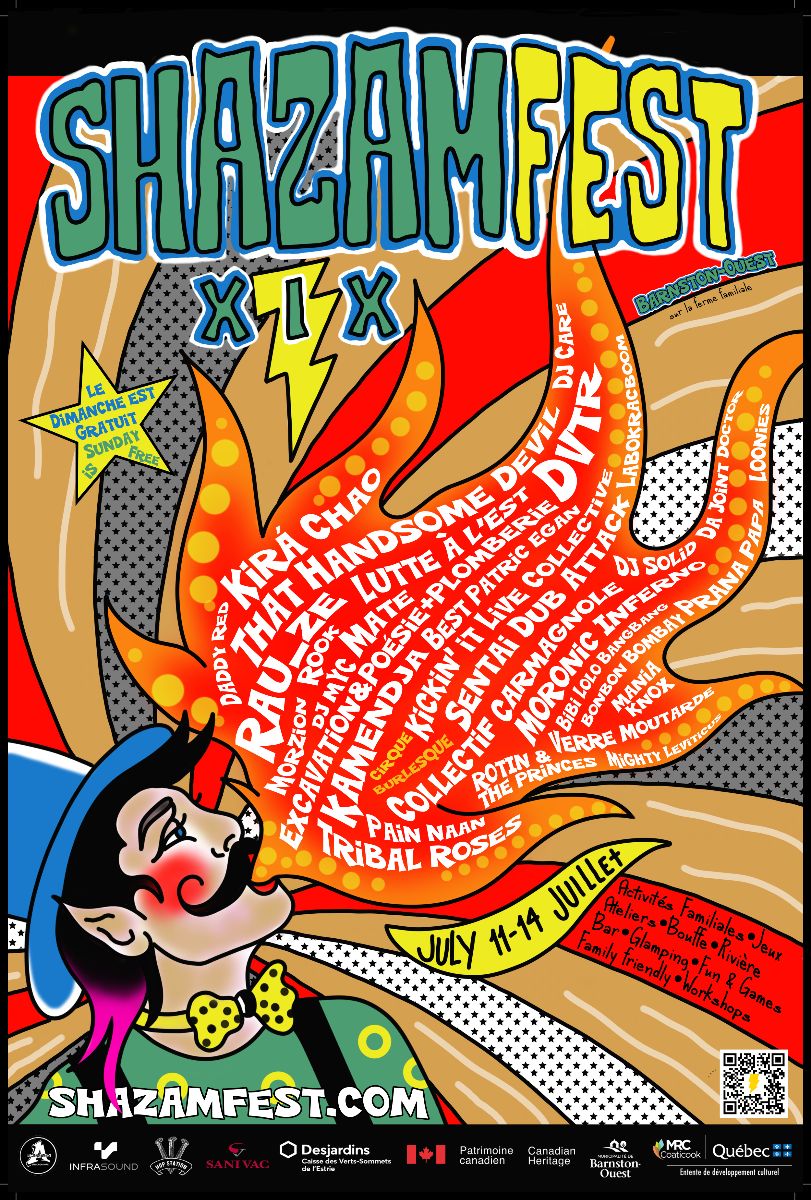


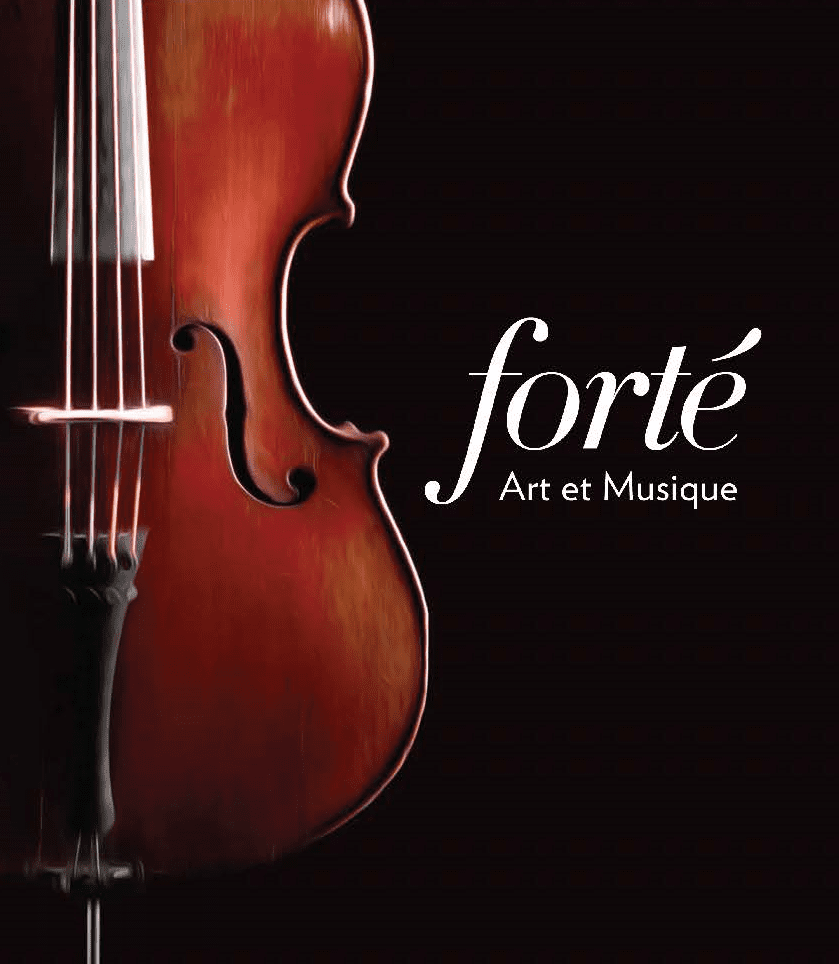
Leave a Reply